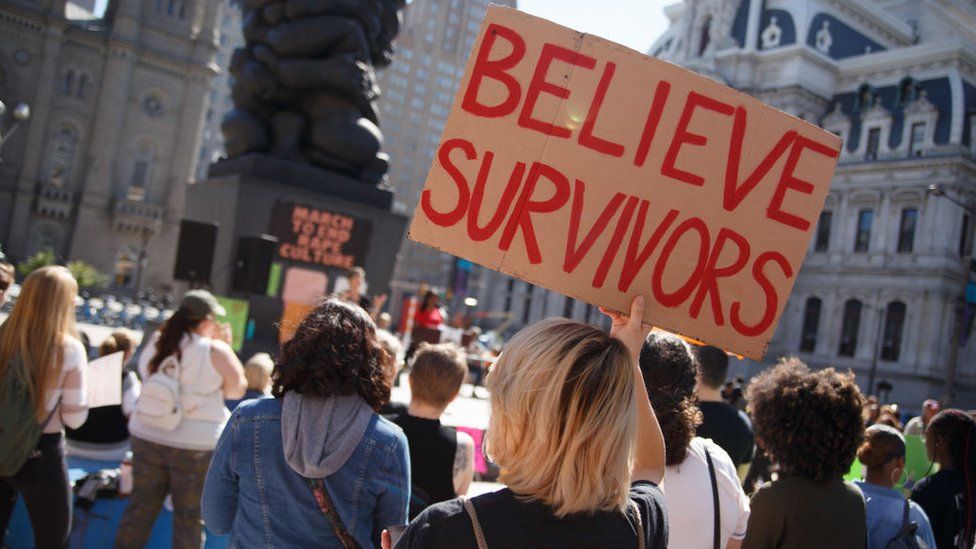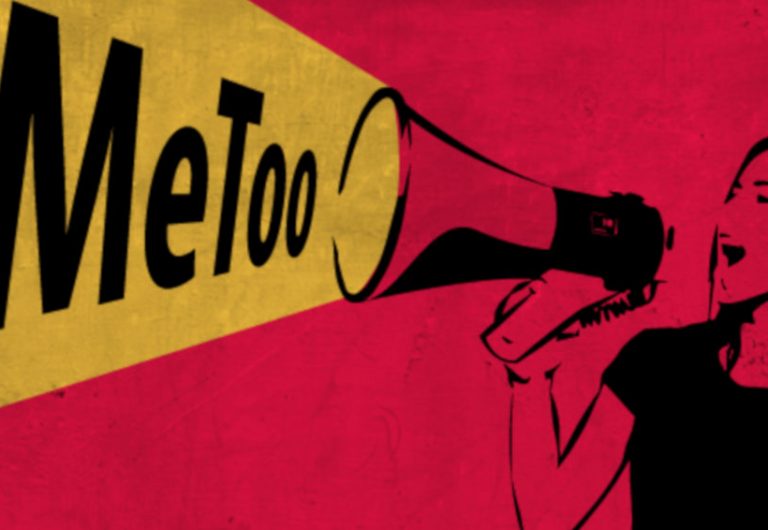The recent incidents of sexual violence in movemental spaces provoke us once again to take a look at the nature of movemental spaces like rallies, protests, gatherings and demonstrations with respect to the safety of women.
Women who consciously take part in civil political movements are often subjected to different forms of sexual abuse and are asked to keep it a ‘secret’ to maintain the ‘reputation’ of the movement. This is not a new phenomenon and has been present since the Naxalbari movement which took place in West Bengal but is rarely talked about in the name of ‘protecting’ the movement.
On the one hand, while stories of rape by the State machineries were prominently put forward by the comrades, stories of sexual violence by the male ‘comrades’ of the movement were kept hidden. Hence the women couldn’t speak of their experiences of sexual violence openly to protect the ‘sanctity’ of the movement
Srila Roy, in her thesis The Everyday Life Of The Revolution: Gender, Violence And Memory, puts forward the narratives of the women comrades who took part in the Naxalbari movement which question the ‘heroic’ movement itself and unfolds the experiences of abuse that took place within the same. She, in her work, tries to focus on the ‘underground’ narratives which were lost amidst the celebration of the Naxalbari movement.

The women’s narratives put forward by Roy question the assumption of movemental spaces being ‘safe spaces’ and delineate their everyday experience of violence. Her book Remembering Revolution speaks about how it was difficult for the women to name their sexual predators when it was their own ‘comrades’ as they feared it would lead to their isolation from the movement.
On the one hand, while stories of rape by the State machineries were prominently put forward by the comrades, on the other, stories of sexual violence by the male ‘comrades’ of the movement were kept hidden. Hence, women couldn’t speak of their experiences of sexual violence openly to protect the ‘sanctity’ of the movement.
The survivors often have to go to marches where their own assaulters walk beside them and are coerced to keep ‘mum’ for the sake of the ‘greater cause’. For how long are we going to make women ‘pawns’ for the sake of progressive movements and force them to remain quiet about their terrifying experiences?
Coming to the recent incidents that took place during the farmer’s movement in India, women are still ‘catcalled’ even within ‘progressive’ movemental spaces such as these. The movement accounted for several incidents of sexual violence which have not been given enough due attention by the civil society.

A woman from West Bengal who took part in the movement to support the cause was subjected to a series of incidents involving sexual abuse while participating in the protests and ultimately succumbed to death due to Covid related complications. Several other women participating in the movement complained of eve teasing by their ‘fellow‘ comrades during the demonstrations. Though actions have been taken in this context and several feminist organisations have condemned the incidents, are we really doing enough?
Also read: Women & The Farmers’ Protests: Intersectional Politics & Dissent
Several educational institutions across India have also reported multiple instances of sexual misconduct, rape or violence by individuals belonging to ‘progressive’ political spaces over the past few years. Most of the cases did not get enough attention and was not even dealt with by the civil society or the respective administrative bodies.
Knowing that your assaulter will be present in the same protest rally, would you feel safe? The women who cannot provide enough ‘proof’ of the sexual assault, in all probability, will be isolated further, rather than the accused, because that is easier, isn’t it?
The survivors often have to go to marches where their own assaulters walk beside them and are coerced to keep ‘mum’ for the sake of the ‘greater cause’. For how long are we going to make women ‘pawns’ for the sake of progressive movements and force them to remain quiet about their terrifying experiences?

The women are not just being violated by the state machineries while participating in these movements, but also by their own ‘comrades’ and hence, go through a feeling of repeated betrayal. If we don’t start acknowledging this, the participation of women in public life will decrease as they will increasingly feel ‘unsafe’ to engage with spaces this these.
Knowing that your assaulter will be present in the same protest rally, would you feel safe? The women who cannot provide enough ‘proof’ of the sexual assault, in all probability, will be isolated further rather than the accused, because that is easier, isn’t it?

When spaces that are supposed to be ‘safe’ for women, where fellow individuals subscribing to similar ideologies gather, become a nightmare and a horrific memory that they are expected to keep within themselves, we must think about the price we pay for the revolution we are fostering.
Also read: Women’s Agency In Shaheen Bagh And In Other Protests Against CAA
When will we really acknowledge the sexual misconduct within progressive movemental spaces? Are we really thinking about the movement at all if we cannot address these issues? Can we achieve success in the movement without acknowledging the everyday acts of violence embedded in it?
About the author(s)
Brishti Sen Banerjee is a PhD Research Scholar in Indian Institute of Technology, Kanpur. She has experience in formulating research tools, conducting on ground research work and in advocacy. She is a passionate lover of junk food and loves the mountains.




